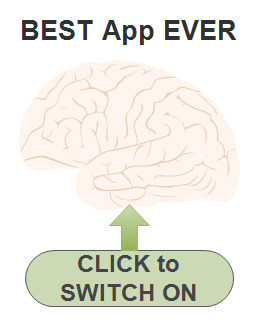What would you say are a few of the biggest myths about growth mindset?
OK, myth No.1 is the myth that it’s all about effort, and that you instil it by praising effort. Effort is one factor that leads to learning. So the ultimate value is growth, progress, learning. And effort is one thing that leads there but there are many other things – strategies, using resources, getting advice, guidance and mentorship, and when people leave that out and just praise effort, it’s not transmitting a growth mindset. Adults have nagged children for centuries to try harder. That’s not a growth mindset, it’s an adult nagging a child to try harder!
Also, we find that when teachers think it’s just about effort and praising effort they may praise effort that isn’t even there, or that’s not effective. So if a child tries hard at something and you say ‘great job, you tried hard’, but they didn’t make progress, they didn’t advance, you’re actually conveying a fixed mindset because you’re saying ‘great effort, I didn’t really expect you to do that, and I don’t expect you to do that, so I’m trying to make you feel good about not doing it’. So we need people to understand that it’s appreciating a variety of process variables that lead to learning.
The second myth is that you can teach students a lesson on growth mindset and put a poster up in the front of the room, and that’s that, that they will have a growth mindset from then on. And we know if the teacher doesn’t then embody a growth mindset, if teachers don’t embody growth mindsets in their teaching practices, in the way that they give feedback when the child is stuck, and the way they present a new unit, in the way that they give opportunities for revision and growth of understanding – if they don’t embody that growth mindset, they are not teaching it. And in fact, if their behaviour contradicts the poster at the front of the room, then maybe they’re doing a disservice.
Learn more / En savoir plus / Mehr erfahren:
http://www.scoop.it/t/21st-century-learning-and-teaching/?&tag=carol+dweck
http://www.scoop.it/t/21st-century-learning-and-teaching/?&tag=Growth+Mindset



 Your new post is loading...
Your new post is loading...













Learn more / En savoir plus / Mehr erfahren:
http://www.scoop.it/t/21st-century-learning-and-teaching/?&tag=carol+dweck
http://www.scoop.it/t/21st-century-learning-and-teaching/?&tag=Growth+Mindset